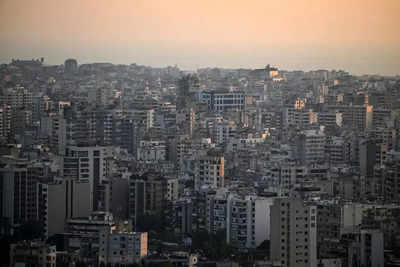
Reports confirm that the leader, a key figure within Hamas, was killed under circumstances that have not yet been fully clarified. This development comes amidst an already volatile backdrop in the region, where tensions have been high due to ongoing clashes and political unrest.
The OIC, representing numerous Muslim-majority countries, has expressed apprehension that this act could provoke retaliatory measures from Hamas and its affiliates. The organization's chair has called for restraint and has urged all parties involved to avoid actions that could further inflame the situation. The OIC's response highlights the delicate balance of regional politics and the potential for unintended consequences stemming from such high-profile incidents.
Hamas, which has a history of engaging in armed resistance against Israeli forces, has vowed to respond to the killing. This response is anticipated to impact both the immediate security situation and the broader geopolitical landscape. The group's rhetoric and planned actions will be closely monitored by regional observers and international actors.
The killing has also drawn reactions from various international stakeholders who are concerned about the potential for increased violence. Efforts are underway by global and regional powers to mediate and prevent a full-scale escalation. These efforts include diplomatic outreach and calls for de-escalation from influential countries and organizations.
The conflict's dynamics are further complicated by the involvement of other regional actors who may see the incident as an opportunity to advance their own interests. The alignment of various factions and their reactions could shape the course of events in the coming weeks.
As the situation develops, analysts are focusing on the possible repercussions for regional stability and the impact on peace processes. The international community remains vigilant, recognizing the potential for this incident to act as a catalyst for broader unrest in a region already fraught with tensions.
The death of the Hamas leader has set off a chain reaction of diplomatic and security responses, with significant implications for the ongoing Israeli-Palestinian conflict. The international community's efforts to manage and mitigate these risks will be crucial in determining the future trajectory of the conflict.
Topics
Politics
